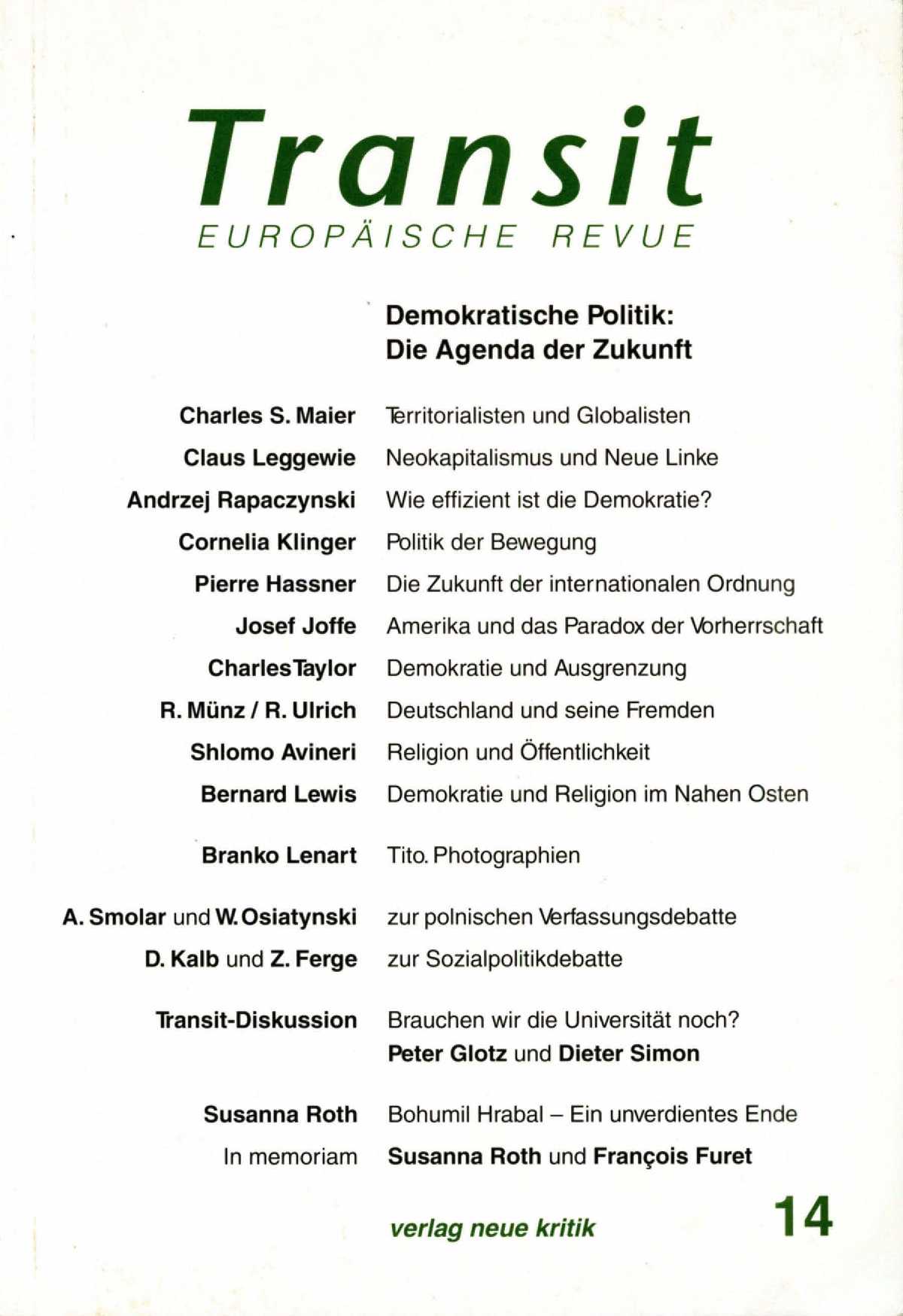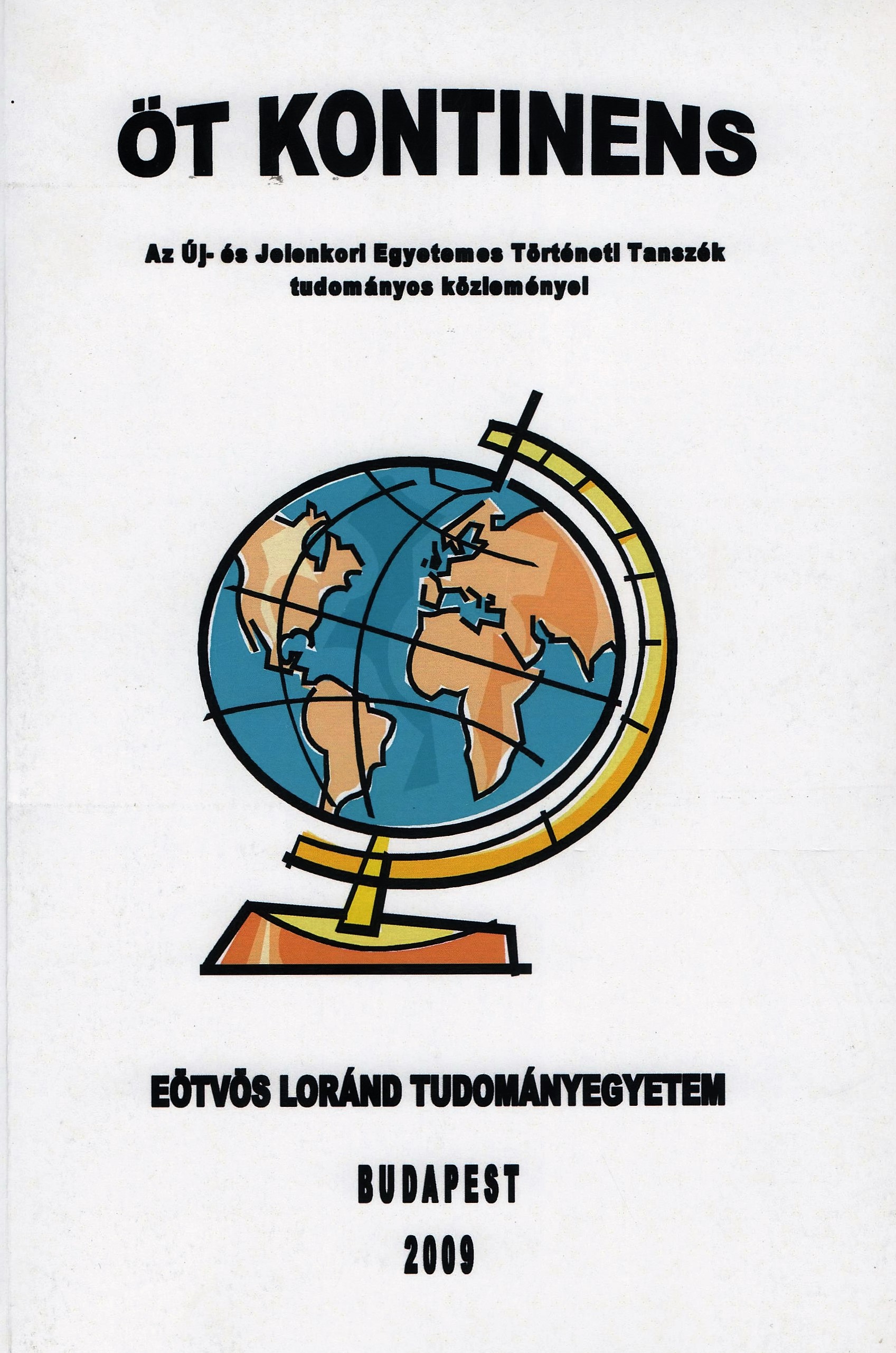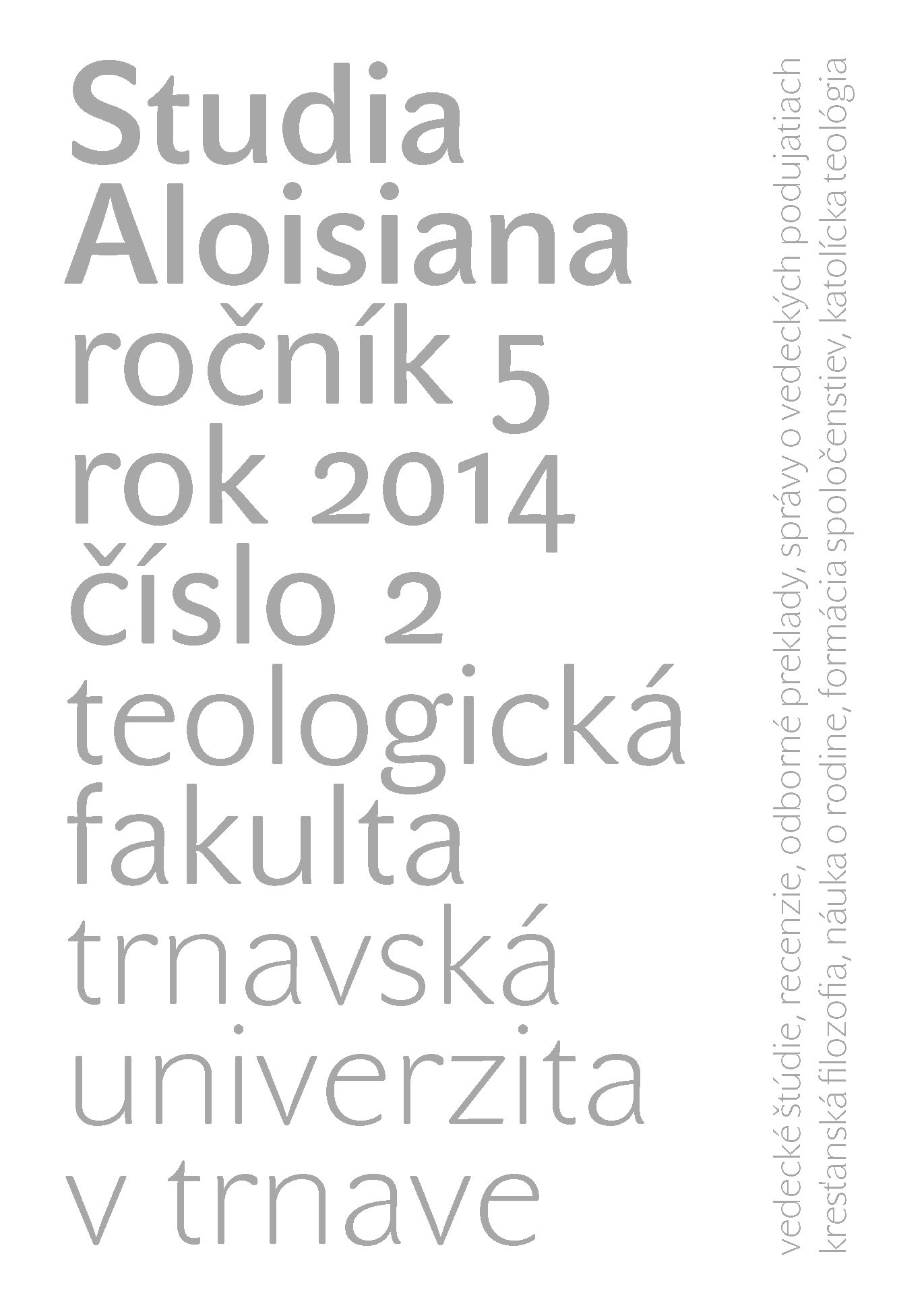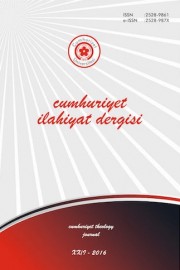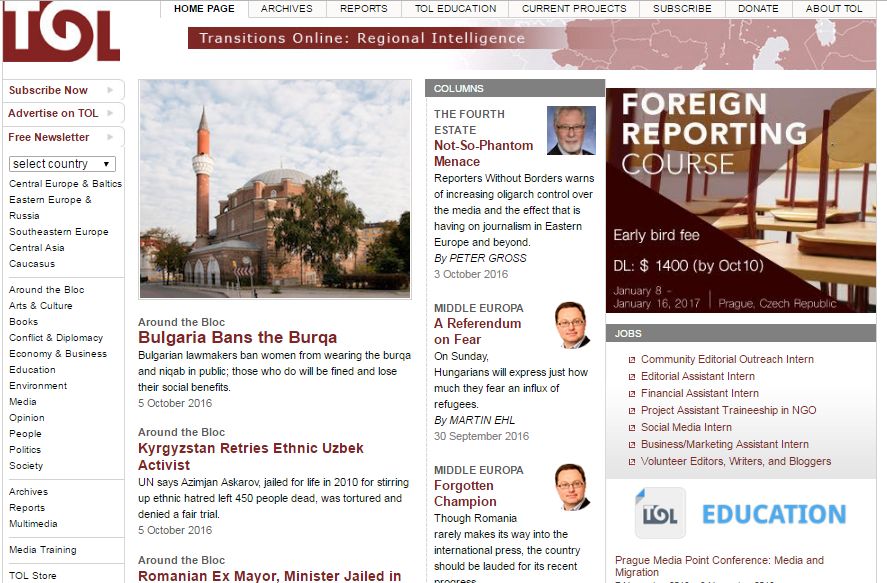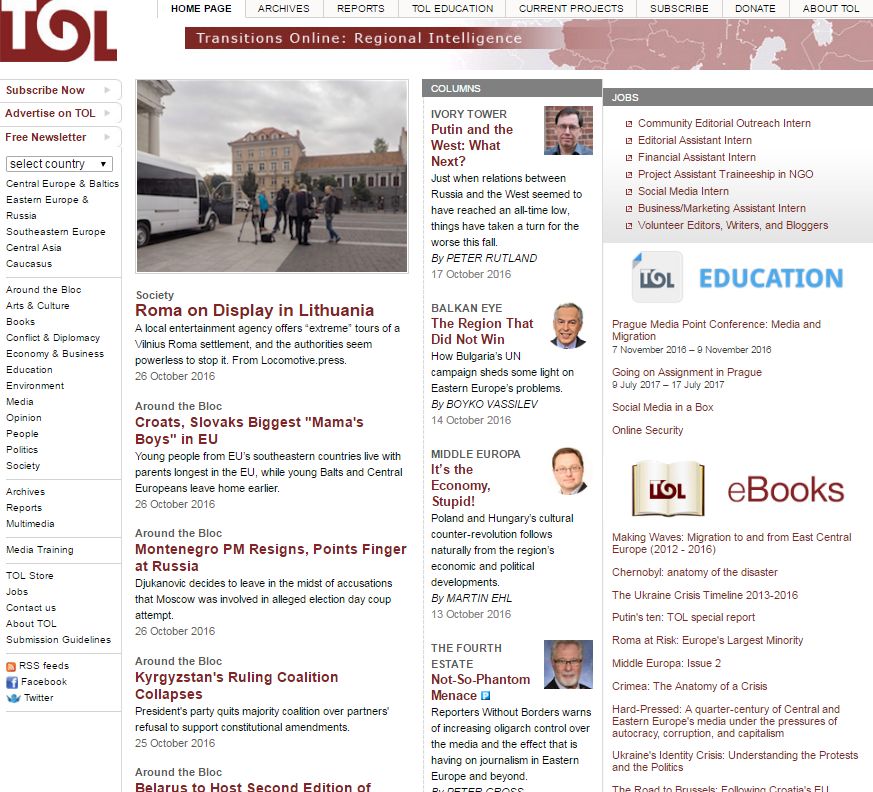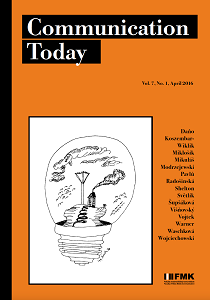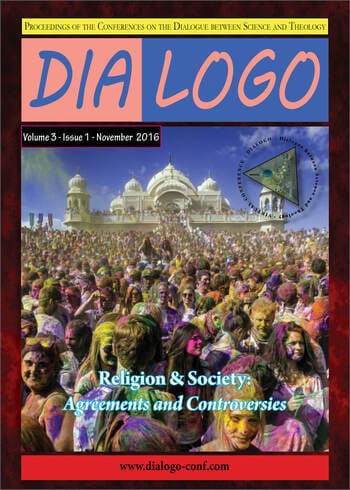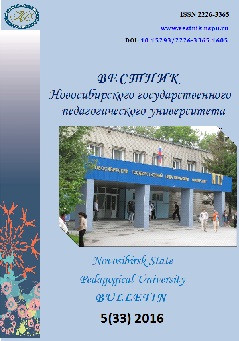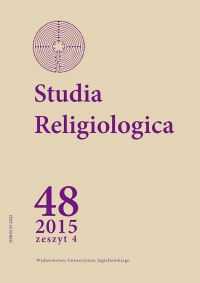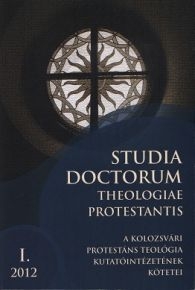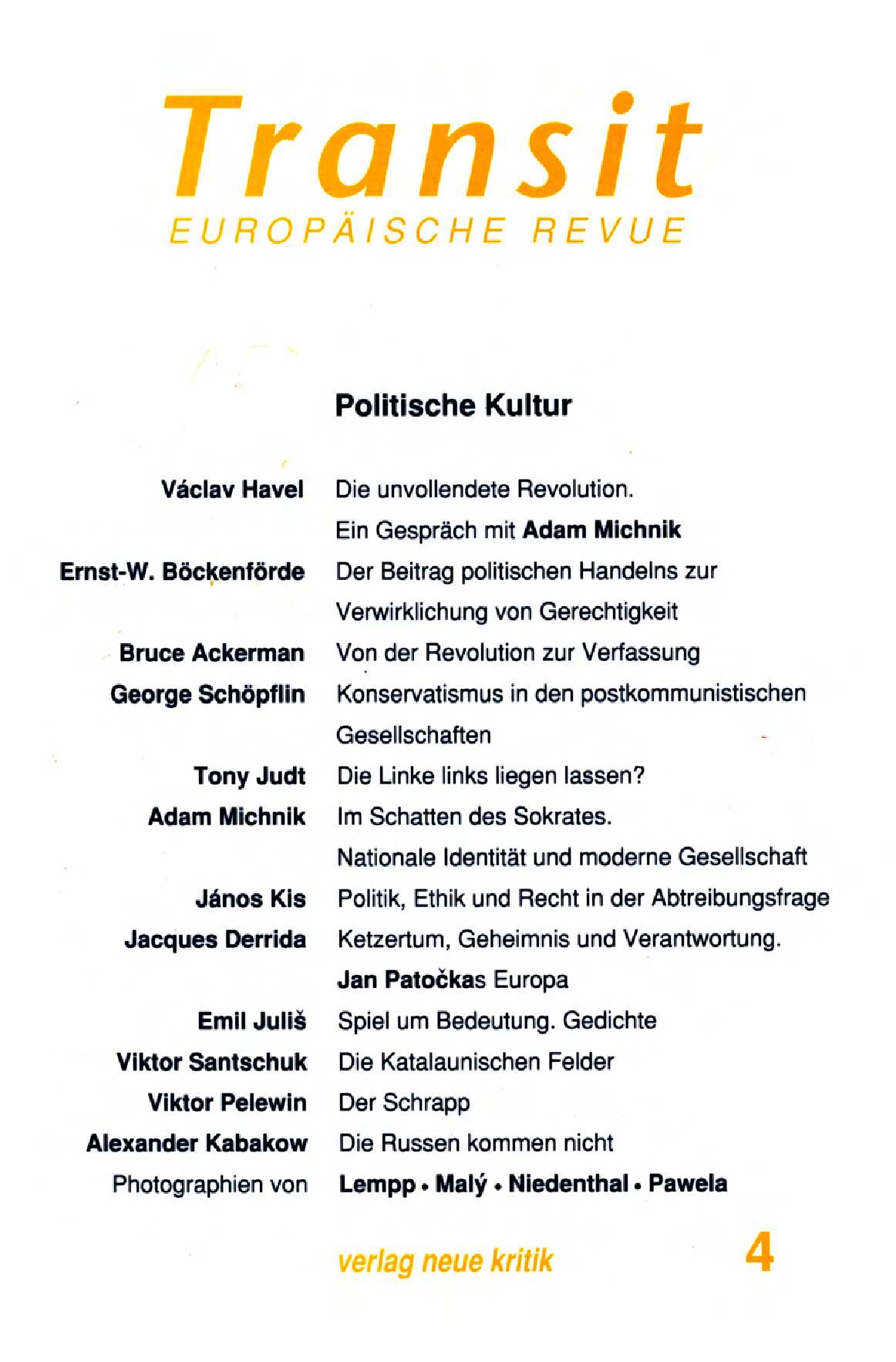
Ketzertum, Geheimnis und Verantwortung: Jan Patockas Europa
In einem seiner Ketzerischen Essais zur Philosophie der Geschichte setzt Jan Patocka das Geheimnis und die Verantwortung, genauer: das Mysterium des Sakralen und die Verantwortung, in Beziehung. Er setzt sie einander entgegen. Er unterstreicht, mehr noch, deren Heterogenität. Ein wenig in der Art von Levinas warnt er vor einer Erfahrung des Sakralen oder des in der Verschmelzung aufgehenden Enthusiasmus und im besonderen vor einer dämonischen Verzückung, deren Wirkung und mitunter erste Bestimmung es wäre, unverantwortlich zu machen, den Sinn oder das Bewußtsein für die Verantwortung verloren gehen zu lassen. Im gleichen Zug unterscheidet Patocka die Religion von der dämonischen Sakralisierung Was ist eine Religion? Die Religion setzt den Zugang zur Verantwortlichkeit eines freien Ich voraus. Sie impliziert also den Bruch mit jenem Typus des Geheimnisses (denn es ist mit Sicherheit nicht das einzige), das man mit dem sakralen Mysterium und mit dem, was Patocka in der Regel das Dämonische nennt, zu verknüpfen pflegt. Zwischen dem Dämonischen einerseits (eben dem, was die Grenze zwischen dem Tierischen, dem Menschlichen und dem Göttlichen verwischt und nicht ohne eine Affinität zum Mystischen, Initiatischen, Esoterischen, Geheimen oder Sakralen fungiert) und der Verantwortung andererseits gilt es zu unterscheiden. Es handelt sich somit um eine These über den Ursprung und das Wesen des Religiösen.
More...
